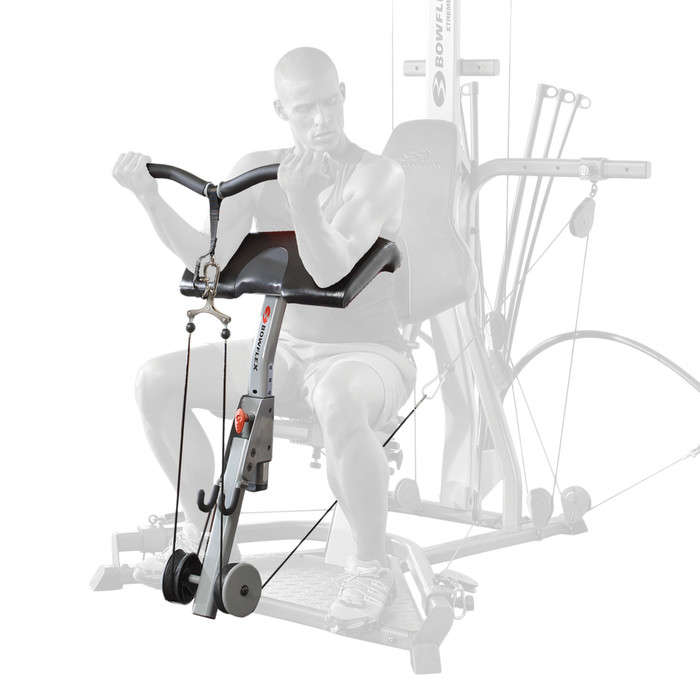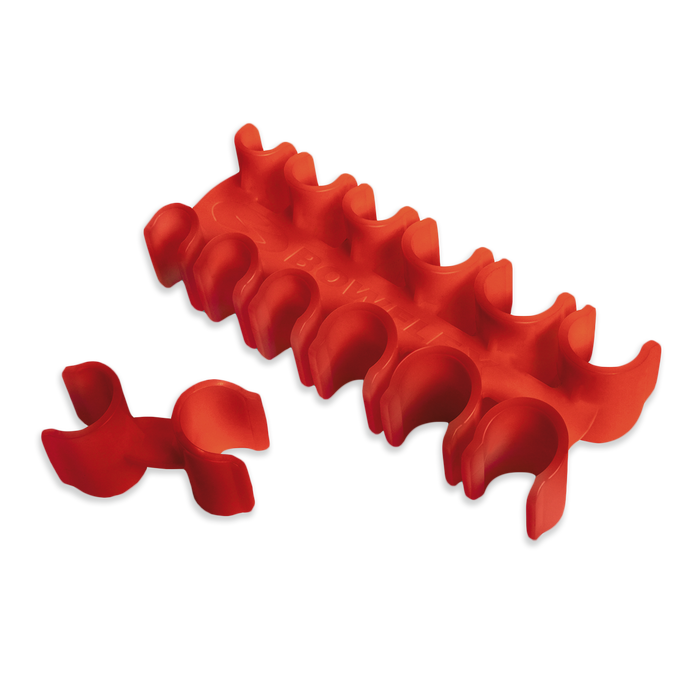Exercise: It's What You Gain That Counts

The focus on exercise has long been about losing weight and not much else. All that matters is our relationship with gravity, defined by a singular often arbitrary number, body weight, and how much that number decreases over time. And to many, it matters not where that weight loss comes from: fluid loss, muscle loss, whatever. Success in exercise has long been defined simply by "losing," and that's it.
It's time for a change. A complete, massive, major paradigm change.
When it comes to exercise, we need to focus on what we gain, not what we lose.
Here are a few things you gain from engaging in exercise. Things that do not show up on the scale, yet are scientifically-proven side-effects:
- Increased self-esteem
- Improved mental processing and memory
- Increased bone strength
- Increased cardiovascular function
- Increased energy
- Increased functional strength
- Improved quality of sleep
- Lower blood pressure
- Stress relief
- Improved quality of life
And there are many, many more.
Of course, obesity is a major problem and everyone should strive to be at their optimal weight. The caloric expenditure associated with exercise helps people achieve their healthiest bodies possible. But losing weight needs to cease being the sole measure of whether or not your exercise program is "working," whether or not it has value and should be continued.
Success in exercise needs to be defined by consistency, not our relationship with gravity.
Far too many people quit exercising based upon a failure to lose weight, often in an unrealistic time frame, thus depriving themselves of the myriad other benefits mentioned above.
The great news is, no matter what your initial reason for starting an exercise program may be: to look better, feel better, live longer, whatever - if you stick with it and make exercise a part of your life, all the other "side effects" will be yours as well.
Resources: http://faculty.weber.edu/molpin/exercisebenefits.html
Why do you exercise? How do you feel when you are exercising consistently? Let us know in the comments below.




























